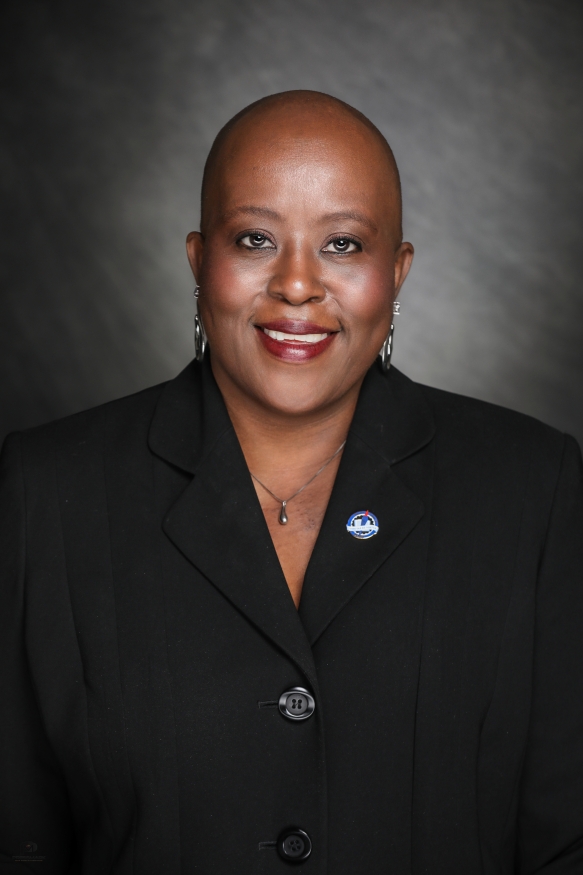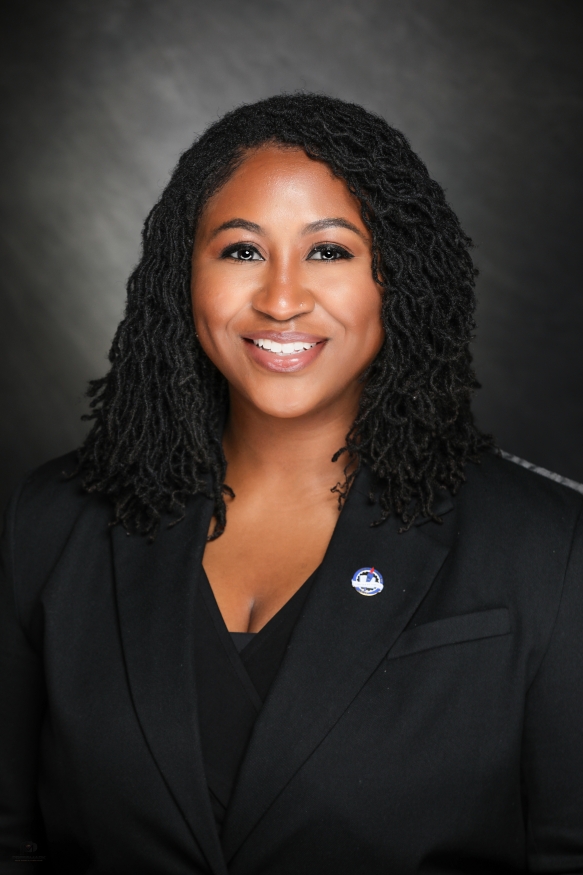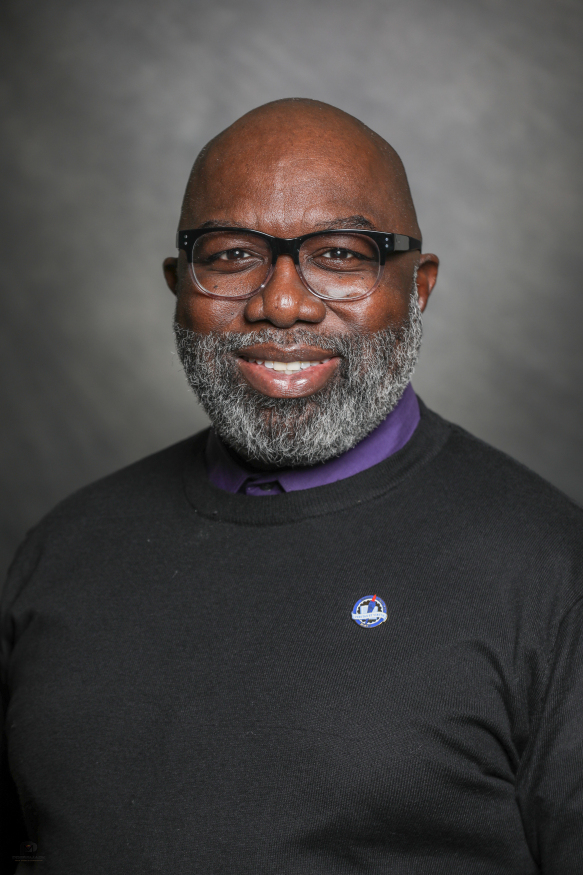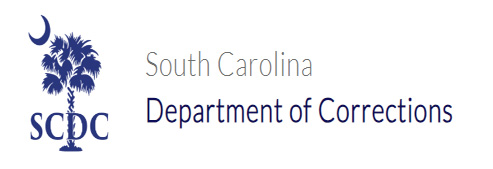Our mission is to provide innovative and transformative educational opportunities for underserved communities that positively enhance life chances by preparing learners to enter a robust, technologically advanced workforce in South Carolina and beyond.

The B.E.S.T. Lives Center (BLC) is a state-of-the-art learning hub that focuses on military families, former foster care, formerly incarcerated, and adult learners while remaining true to the mission of the College. The BLC addresses ongoing concerns regarding educational access, innovation, equity, connectivity, social mobility, workforce development, and employment. The BLC supports students who enter Benedict College with similar background characteristics and levels the playing field for all students, regardless of the pathway they took to the College.
Our Guiding Principles sets our intentions regarding direct services to individuals that enhance employment opportunities and influences continuous evaluation of our processes. We are committed to providing social emotional learning, culturally relevant practices, and equity of learning where military families, former foster care recipients, formerly incarcerated individuals, and adult learners are prioritized and inspired to thrive. To this end, the BLC will be a best-inclass resource center that enhances employment opportunities for vulnerable and diverse learners who are desirous of participating in and contributing to South Carolina’s workforce.

Executive Director
B.E.S.T. Lives Center

Director of Retention
B.E.S.T. Lives Center

Director
Veterans Resource Center













